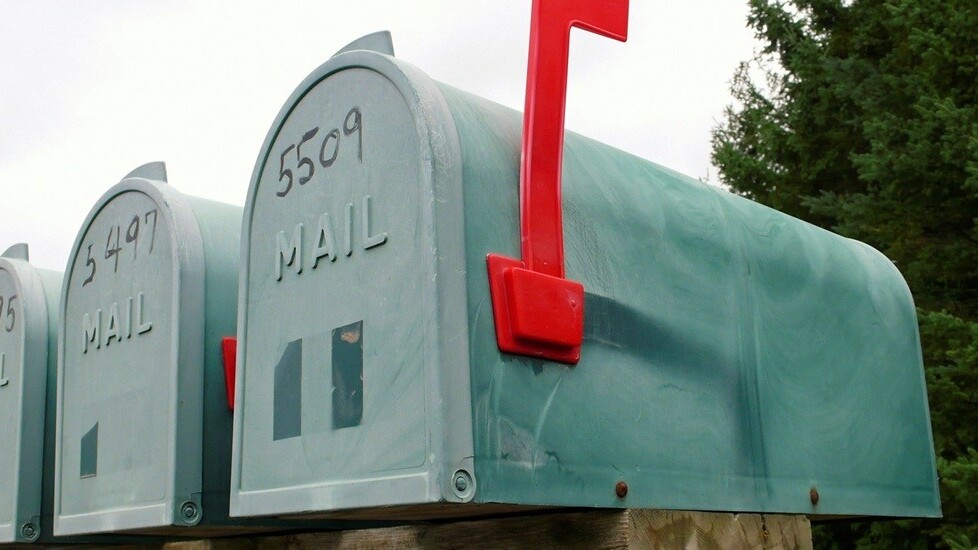
Google helped US police arrest a man in Houston, after the internet giant tipped the National Center for Missing and Exploited Children (NCMEC) off about explicit images of a child in his email account, Business Insider reports.
The man, who was formerly convicted of sexually assaulting a child 20 years ago, was caught after police were alerted to the fact that he had emailed images to a friend. Google hasn’t commented on the report, but police told TV news station KHOU Channel 11 that they weren’t given access to the images in question, but did use them to issue an arrest warrant that subsequently found further images for which he was arrested.
A privacy furor erupted this year when Google responded to a lawsuit brought against its policy of scanning Gmail users’ inboxes. While it subsequently moderated its terms of service to explain that inboxes are auto-scanned to tailor advertising, Google has previously said that it does provide tips and information to the NCMEC, as a blog post explains:
Since 2008, we’ve used “hashing” technology to tag known child sexual abuse images, allowing us to identify duplicate images which may exist elsewhere. Each offending image in effect gets a unique ID that our computers can recognize without humans having to view them again.
…
We’re in the business of making information widely available, but there’s certain “information” that should never be created or found. We can do a lot to ensure it’s not available online—and that when people try to share this disgusting content they are caught and prosecuted.
Based on this case, it would seem that Google’s methods extend to scanning Gmail inboxes.
Houston Police praised the benefits of Google’s technology but, while the application is clearly positive in this case, it again raises privacy issues around Gmail. Using sophisticated technology to identify criminals can provide out-of-the-blue breakthroughs, but many law-abiding folks may be unaware that their seemingly mundane and everyday details and items in their inbox are scanned and processed by Google.
It is unclear if Google’s scanning extends to other products beyond Gmail, such as its Google Drive cloud storage service. We’ve contacted the company for comment and will update this story if we hear back.
Headline image via Thinkstock
Get the TNW newsletter
Get the most important tech news in your inbox each week.





